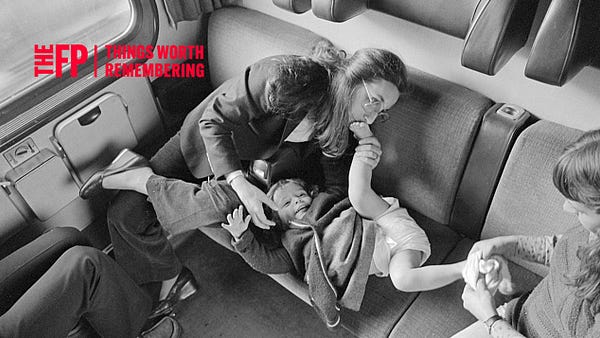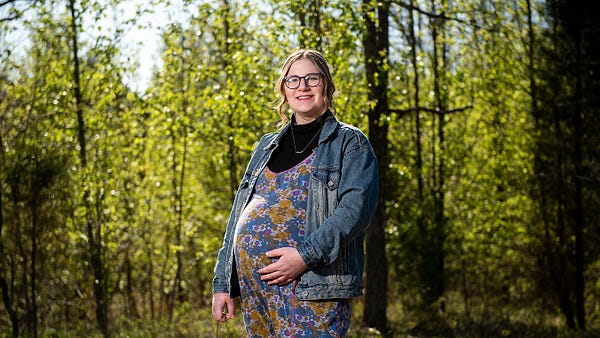
The most beautiful art museum I’ve ever visited is actually a garden called Brookgreen, founded on former plantation land in the marshy low country just north of Charleston, South Carolina. The place is filled with the country’s largest collection of American figurative sculptures, cast in bronze or chiseled from stone, running and dancing and peeking out from between the ponderous trunks of the live oaks that line the garden paths. It’s a remarkable place, created by a remarkable couple: he was Archer Milton Huntington, a wealthy scholar and philanthropist. She was Anna Hyatt Huntington, the sculptor whose equestrian Joan of Arc marks the 93rd Street entrance to Riverside Park on New York’s Upper West Side.
The Huntingtons originally envisioned Brookgreen Gardens as a home for Anna’s work, and many of her sculptures can still be found there. But what they ended up creating was something far grander and more enduring: nearly 10,000 acres, more than 2,000 sculptures, a wildlife preserve, and of course, the garden. The best time to visit is during the holidays, when they drape the oaks in glittering strands of light, line the paths with golden luminaria, and fill all the fountains and reflecting pools with votive candles that surround the sculptures like floating stars.
I have long been fascinated by Anna, who was already a successful working artist when she met and married Archer in 1923, three years shy of her fiftieth birthday, a thing I cannot think about without also thinking of that line from Sleepless in Seattle, about how it’s easier to be killed by a terrorist than to find a husband after the age of 40. (No, this isn’t true. But as the movie says, it feels true—and in the 1920s, I bet it felt even truer.) But I thought of her again last month, amid the discourse surrounding J.D. Vance’s now-infamous comments deriding the “childless sociopaths” on the left “who are miserable in their own lives and want to make the rest of the country miserable, too.”
The portrait Vance paints of people without kids is at once bleak and terrifying: they are loveless, directionless, visionless, unanchored, and to paraphrase H.L. Mencken’s famous quote about Puritanism, perpetually tormented by the possibility that someone, somewhere, may be both happy and voting Republican.
I doubt it was people like the prolific and philanthropic Huntingtons—who, unsurprisingly given Anna’s age, never did produce children—who Vance was thinking of as he railed in a recent fundraising email against those Americans who are “invested in NOTHING because they’re not invested in this country’s children.”
But as a woman who, like Anna, is happily married but childless, I hardly recognize myself in his description either. For one thing, unlike people with kids, I’m uniquely incentivized to forge meaningful connections within my community—if only so that when I inevitably die alone, someone finds my corpse before my cat eats it in its entirety. (This is assuming my husband predeceases me, but hopefully my efforts on this front will be useful no matter what, since I don’t particularly want his corpse to be eaten by the cat, either.)
Jokes aside, I’m also perplexed by the notion that I have no direct stake in America, a place in which I cautiously expect to be living for at least another few decades (and given that my last living grandparent only recently died just shy of her 105th birthday, it might be more like several). It’s not just that a functional government with a strong social safety net may be the one thing that stops me from spending my golden years eating Tender Vittles—or if I’m really lucky, Fancy Feast paté—in a cardboard box under an overpass; it’s that I think often about what the future holds, in a zoomed-out, abstract way, precisely because I have no children in whom a part of me will survive after I’ve turned to dust.













